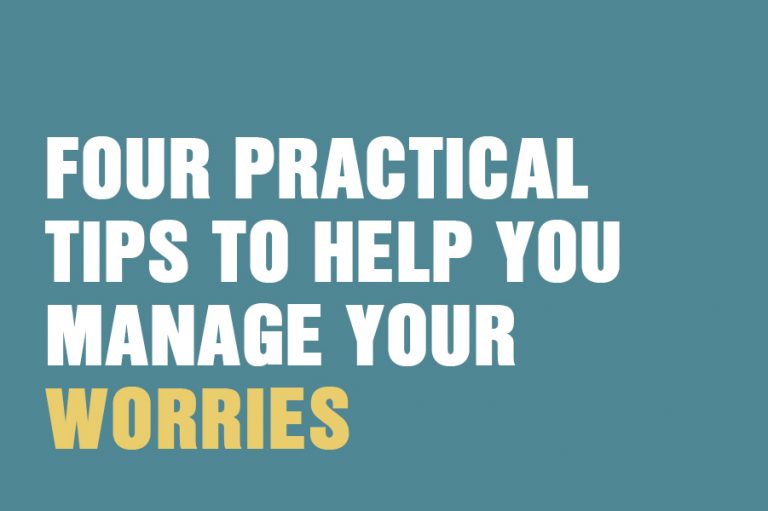“Worry does not empty tomorrow of its sorrow. It empties today of its strength.” Corrie ten Boom
If you’re a worrier then you may find yourself constantly fretting about the future. Whether it’s a small thing or a big life event, worry can eat away at you. The constant focus on the future – the endless ‘what ifs’ that torture your waking moments – can rob you of the present.
Some people who worry say that the worrying helps them manage eventualities in the future. Thinking through worst-case scenarios might help believe you’re prepare for something terrible that might happen. You don’t want to be caught out with situations or emotions they haven’t prepared for. You want to feel ready for what life will bring.
You probably also ruminate regularly about things that have happened, churning thoughts over in their mind, wondering if they might have behaved differently. Worry, worry, worry. Life can feel exhausting when you worry.
When clients come to therapy with worry as a key issue to work on, we look at the roots of the worry and what might be contributing to this worry state-of-mind. We also explore and identify some tools that may initially help to alleviate the distress that can come with worrying.
We share four of our worry-management tips…
1. Set a time to worry
Worrying can take over a big chunk of your waking hours – if you let it. If you find that worry is your default setting – seeping into most of your thoughts – then it might be time to put some boundaries around it. Do this by setting a time to worry. Put a time in your diary – 30 minutes, every day – when you allow yourself the opportunity to worry. If any worries pop into your head during the day, tell yourself that now is not the time to worry. You then keep the appointment with your ‘worry time’ and do all your worrying then. Try it and see how it works for you.
2. Write your worries down
Worrying is in your head. Get your worries out of your head by writing them down. You can do this by starting a worry journal, where you write down in a book the thoughts that are worrying you, in as much detail as you need to. Close the book and put it away in a drawer. You’re tricking your worry mind into thinking that the book is holding the worries and they’re now packed away and no longer front of mind.
3. Distract yourself
Yes, distraction is a coping strategy for worrying. Distract yourself by doing an activity that completely absorbs you. Physical activity – whether it’s something vigorous like running or racquet sports, or something more meditative like yoga or tai chi – can take your mind off your worries. You can’t worry at the same time as working out. Other ways to distract yourself are to do something creative or anything that puts you in flow (think gardening, drawing, knitting etc).
4. Visualise your worries floating away
This is a mindfulness technique that teaches us not to attach ourselves to our thoughts. Its effectiveness becomes stronger with practice. It may help to close your eyes and imagine putting your worry into a bubble. In your imagination, allow the bubble to float into the sky. When it’s far away, pop the bubble and see the worry vanish. Do this with each worry as it appears. Let it go. It may also help to tell yourself: “It’s just a worry. It’s not fact.”
If too much worrying is emptying you of strength, and you need support to live a fuller life, then talking to a therapist can help. To book an initial session with one of our counsellors, psychotherapists or psychologists, email [email protected] or call 020 8673 4545.







